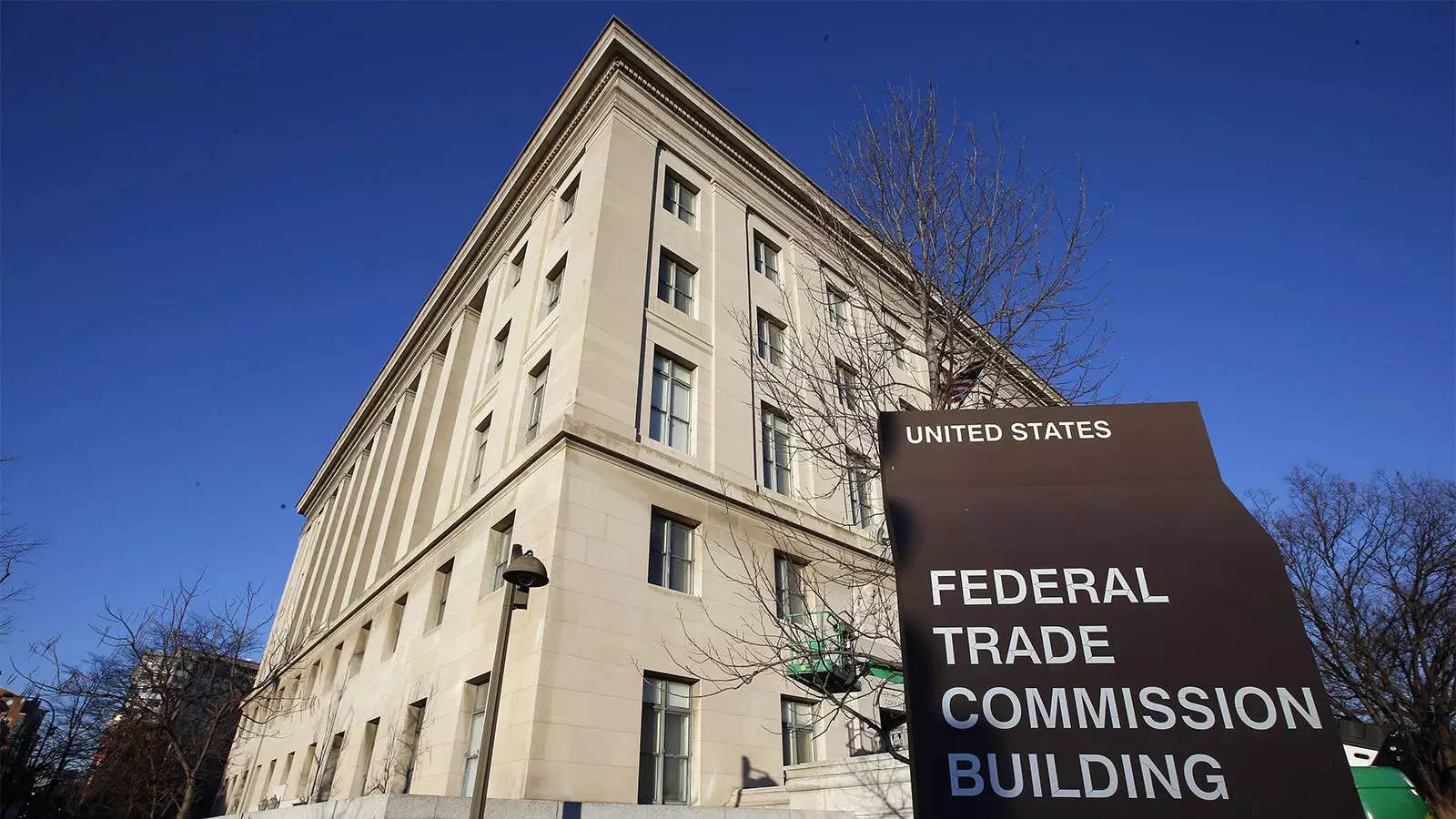The ongoing debate over the soaring costs of insulin has recently taken a dramatic turn, with the federal government filing a lawsuit against three of the largest pharmacy benefit managers (PBMs) in the United States: Caremark, Express Scripts, and OptumRx. This legal action stems from allegations that these companies have engaged in practices that contribute to artificially inflated drug prices, particularly for those who belong to high-deductible health plans or lack insurance coverage altogether. As nearly 80% of prescriptions in the U.S. are processed through these PBMs, the implications of this lawsuit reach far beyond mere financial statistics; they cut to the heart of healthcare accessibility and affordability.
PBMs have traditionally argued that their role is essential for managing prescription drug coverage, setting formularies, and negotiating rebates between insurers and pharmaceutical companies. They claim that their efforts ultimately lead to cost savings for consumers. However, the Federal Trade Commission (FTC) has pointed out the darker side of these practices, alleging that the rebate system incentivizes higher list prices for drugs, especially insulin. This practice creates a convoluted pricing structure that often leaves patients at the mercy of inflated costs, particularly those who lack comprehensive insurance plans.
The ramifications of this pricing imbalance are particularly acute for diabetics who rely on insulin to manage their condition. Faced with rising costs, many patients are forced to make difficult choices regarding their healthcare. The discrepancy between list prices and consumers’ out-of-pocket costs reveals a troubling reality: despite PBMs’ claims of negotiating deeper discounts, the average diabetic may find themselves paying exorbitant amounts for essential medication. This disconnect raises questions about the integrity of a system designed to protect the interests of patients.
In response to the FTC’s lawsuit, the named companies have offered a robust defense. Caremark asserts that it successfully negotiates significant discounts, while Express Scripts accuses the FTC of ignoring relevant facts in favor of political narratives. OptumRx has painted the lawsuit as a misguided attack, claiming that PBMs serve as crucial checks against pharmaceutical companies’ pricing power. Their defenses rely on a narrative that shifts the blame to drug manufacturers rather than acknowledging the role that their policies play in exacerbating patient costs.
This lawsuit has emerged as a pivotal issue in the current political landscape, where healthcare remains a crucial concern for voters. The rising costs of insulin have garnered attention from politicians, advocacy groups, and the public alike. As such, the FTC’s actions may mark a significant shift in how drug pricing is regulated in the United States. The potential outcome of this legal battle could reshape the landscape of pharmaceutical pricing and recalibrate the balance of power between PBMs and the consumers they serve.
The case against PBMs opens a vital dialogue about the ethics of drug pricing and the responsibilities of entities that serve as intermediaries in the healthcare system. As this lawsuit progresses, it will be essential to monitor both the legal outcomes and their implications for patients who struggle under the weight of high medication costs. The focus on insulin pricing not only reflects a larger epidemic of pharmaceutical costs but also underscores the urgent need for transparency and reform in the healthcare industry.



Leave a Reply